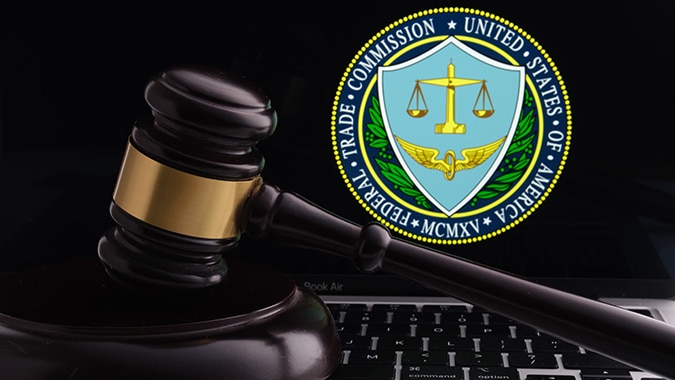Gov. Phil Murphy signed legislation today to end New Jersey’s 15-month COVID-19 public health emergency, however, some controversial mandates affecting the business community that were issued under his earlier executive orders will remain in force until January 2022.
The law will terminate most of the 140 executive orders that the governor has signed since the pandemic began in March 2020, except for 14. These 14 include mandates related to utility shutoffs and evictions, hospital reporting of healthcare data, the suspension of the usual government rulemaking process, and the requirement that masks be worn on public transit and in schools and summer camps.
NJBIA President & CEO Michele Siekerka said the association looks forward to continuing to work with the Legislature and governor on moving New Jersey’s post-pandemic economy forward, but she took issue with some provisions of the law affecting the business community.
“NJBIA opposed this legislation because significant concerns were left unaddressed,” Siekerka said. “For example, employment opportunities and federal programs are now available to help most New Jersey residents pay their rent and utility bills, therefore, extending the current moratoriums until January hurts property owners and other utility ratepayers who will have to pick up these costs.”
Siekerka said NJBIA also objected to the way the bill, A-5820/S-3866, was rushed through the Legislature in two days, completely bypassing the usual public hearings that are part of the normal legislative committee process. Lawmakers voted along party lines Thursday to approve the legislation as a crowd protested loudly outside the Statehouse.
“We are also concerned about the lack of public hearings and transparency on this bill,” Siekerka said. “If the normal committee process has been followed, it could have potentially improved the bill.”
The new law ends the public health emergency but allows the Murphy administration to issue orders, directives, and waivers under the authority in the Emergency Health Powers Act that are related to vaccination efforts; testing; health resource and personnel allocation; data collection, retention, sharing, and access; coordination of local health departments; and implementation of any CDC recommendations to prevent the transmission of COVID-19. This authority lasts until Jan. 11, 2022 and can be extended for 90 days with the passage of a concurrent resolution by the Legislature.
The 14 earlier executive orders that remain in place until Jan. 1, 2022 are: E.O. No. 106; E.O. No. 111; E.O. No. 112; E.O. No. 123; E.O. No. 127; E.O. No. 150; E.O. No. 159; E.O. No. 170; E.O. No. 178; E.O. No. 207; E.O. No. 229; E.O. No. 233; E.O. No. 237 and E.O. No. 242.
“Today’s lifting of the COVID-19 Public Health Emergency is a clear and decisive step on the path toward normalcy,” said Governor Murphy. “The past 15 months have been a challenge, and I thank every New Jerseyan who stayed home, masked up, took precautions to keep this virus in check, and got vaccinated for allowing us to get to this point. I also thank the Senate President and the Speaker for working with us to responsibly end the Public Health Emergency and meet the challenges ahead.”
Siekerka said NJBIA was focused on the path forward from the pandemic.
“NJBIA looks forward to continuing to work with the Legislature and Governor’s office on ways to move our businesses, workforce, and economy forward as we work our way beyond the pandemic,” Siekerka said.
